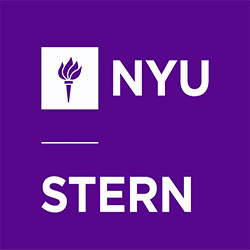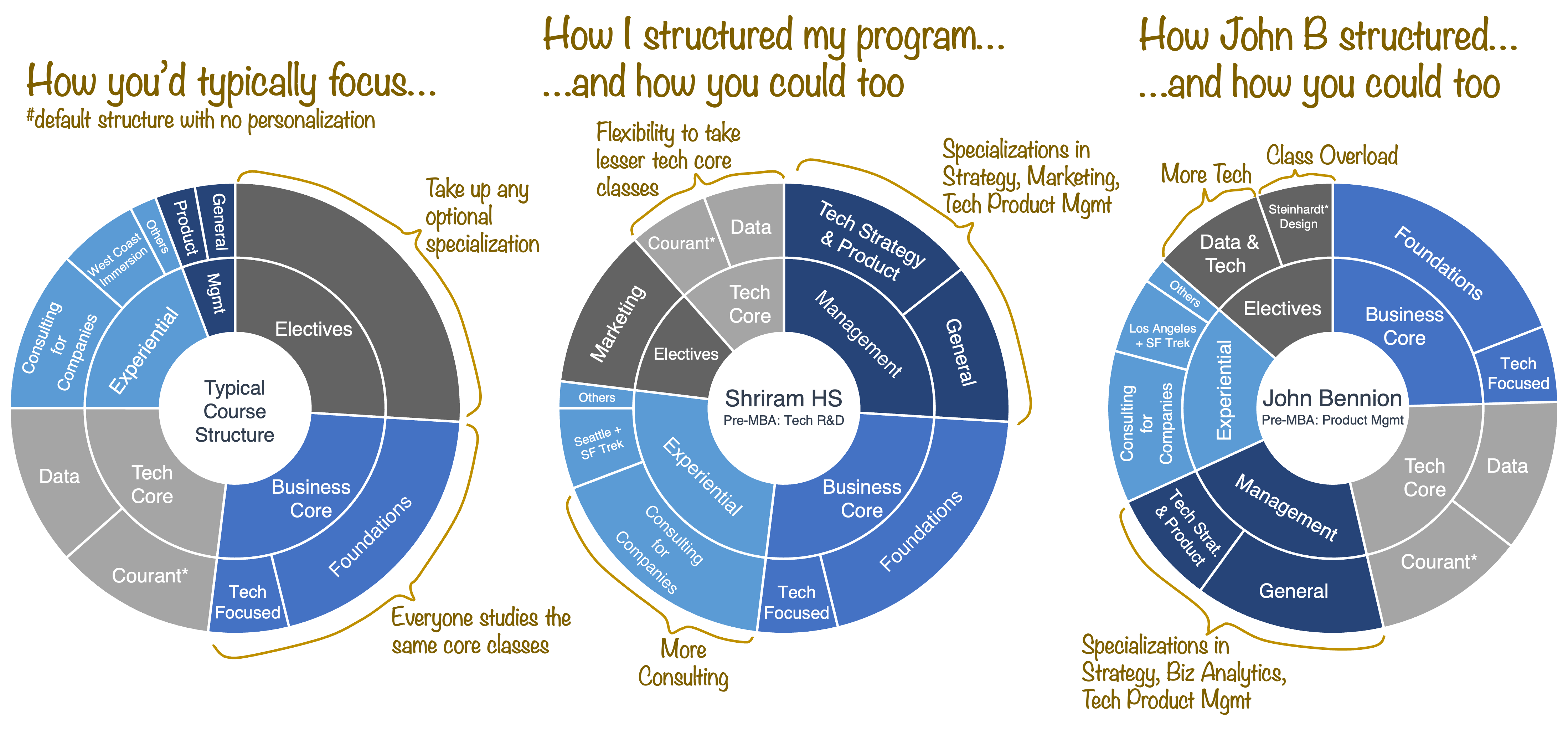 Shriram HS is a current Tech MBA student specializing in strategy, marketing, and product management. He moved to New York City from Bengaluru, India. At Stern, he is the VP of Tech MBA at the Stern Technology Association. Prior to Stern, he worked at Cisco, leading product development for 5G and cloud networks. He holds a bachelor’s in electrical engineering and a master’s in computer engineering.
Shriram HS is a current Tech MBA student specializing in strategy, marketing, and product management. He moved to New York City from Bengaluru, India. At Stern, he is the VP of Tech MBA at the Stern Technology Association. Prior to Stern, he worked at Cisco, leading product development for 5G and cloud networks. He holds a bachelor’s in electrical engineering and a master’s in computer engineering.
“Know what’s weird? Day by day, nothing seems to change. But pretty soon, everything’s different.“
-Bill Watterson, through the fabled comic strip Calvin and Hobbes.
That quote elegantly encapsulates the predominant theme of present-day reality, especially in business and technology: Disruption. It conveys a rather simple but sweeping idea that swift disruption is the new norm. What’s in vogue today is unlikely to be so in a few months. And it does not spare anything: technology, business models, or even entire firms. So how do you thrive in this new age?
Until a few years ago, the traditional MBA would set you up nicely for any target industry. But today, when you specifically want to pursue tech/tech-adjacent leadership roles:
- It has at most a peripheral focus on tech, which is now a primary driver of this disruption
- It has a high time cost of two years
When I began exploring business schools, I had strict considerations:
- Its program had to build on or complement my tech background
- It mustn’t be longer than a year
- It had to be welcoming of international students
Any tradeoff here would severely affect its value to me. As you’d expect, only a micro list of options fulfilled all these criteria. Yet, I insisted on assessing the details under the hood of each option, and that showed why the Stern Tech MBA experience stands out in this new age.
I’ll start with oft-asked sets of questions I’ve come across:
What exactly is the Tech MBA? Is it an executive program? Is it a joint degree? Is it a specialization?
It is none of those. I’d dub it an accelerated MBA focusing on technology.
Is it for someone with a tech background? Is it only for someone who wants to move to the tech industry?
It could be for anyone, with no binding restrictions on either prior background or outcome. In fact, its chief tenet is flexibility, which I’ll expand on in further detail below. I found ample preparatory content within the course for folks who didn’t work with tech before. As for outcomes, its structure allows you to specialize in any of Stern’s 27 specializations. The latest program reports would help you note this diversity, both in roles as well as industries. Given that any product or service in any industry could have a substantial digital component, the Tech MBA’s literally designed with that flexibility. Here’s precisely how.
My good friend and classmate John Bennion shared his specifics to facilitate this collation to give you a clear view of this program’s flexibility. For quick context, he worked at the US Air Force, leading product management before coming to Stern.
Core Classes
The business core comprises all foundational MBA classes at 2x the pace. Among that, a subset (strategy, entrepreneurship) is specifically tech-focused. On the other hand, the tech core comprises grad-level classes on data, modern tech stacks, and DevOps. Through these, you’d have everything you need to manage tech operations, understand systems architecture, or even build your own application. While I waived those classes in which I had proficiency, John added more electives in this space, taking advantage of both Courant (NYU’s Institute for Mathematical Science) and Steinhardt (NYU’s School of Culture, Education, and Human Development).
Electives (Selected Sample)
One highlight of tech management coursework I must list here is innovation strategy taught by Prof. Melissa Schilling. Many business school classes embody some combination of traditional/layered concepts, case studies, and professional practice. However, this class is a fine example of how primary research and years of teaching have resulted in a distinctively compelling study. Her single coherent strategic framework for innovation management seamlessly decoded any and every example brought up in class.
Experiential Learning
A fun aspect here is the near-weekly sessions hosted by alumni and visiting business leaders as a built-in part of this course. What makes it fun is their remarkably candid spirit while sharing their incredible experiences. For our cohort, these ranged from cutting-edge tech, such as pre-release 5G solutions from Verizon, to high-impact initiatives involving predictive AI at Lyft.
Another memorable class I took this fall was the Consulting Lab, engaging with J&J’s self-care division for branding and innovation. Starting out, I had no expertise in the function or the industry. But over the semester, the 10x learning in this class prodded me to advanced levels. On its concluding day, our client’s leaders commended my team, asking us to present our recommendations further to J&J’s senior global leadership. In no small part, it is a reflection of Prof. Fran Gormley, whose mere preparation for every meeting astonished me. As a result of this experience, not only did I add new skills, such as go-to-market strategy, to my repertoire, but I also feel inspirited to take on new challenges. Such felicitous experiences help you develop a refined perspective that immensely boosts your range, which is key to this new age. And no other place is primed for better exposure to this ecosystem, embracing Silicon Alley, Wall Street, and a multitude of marvels in this city that never sleeps.

